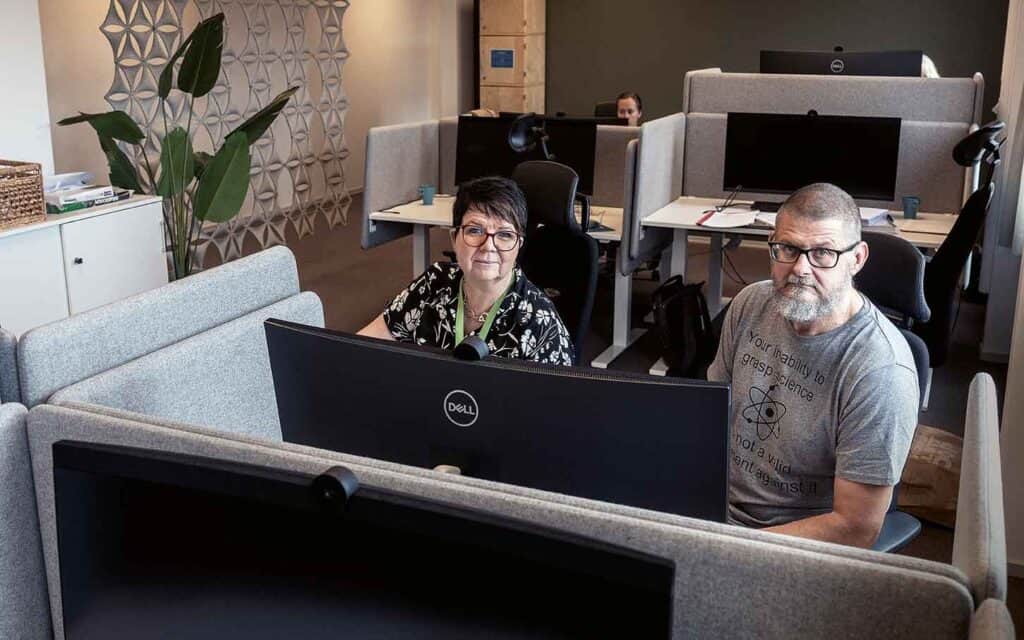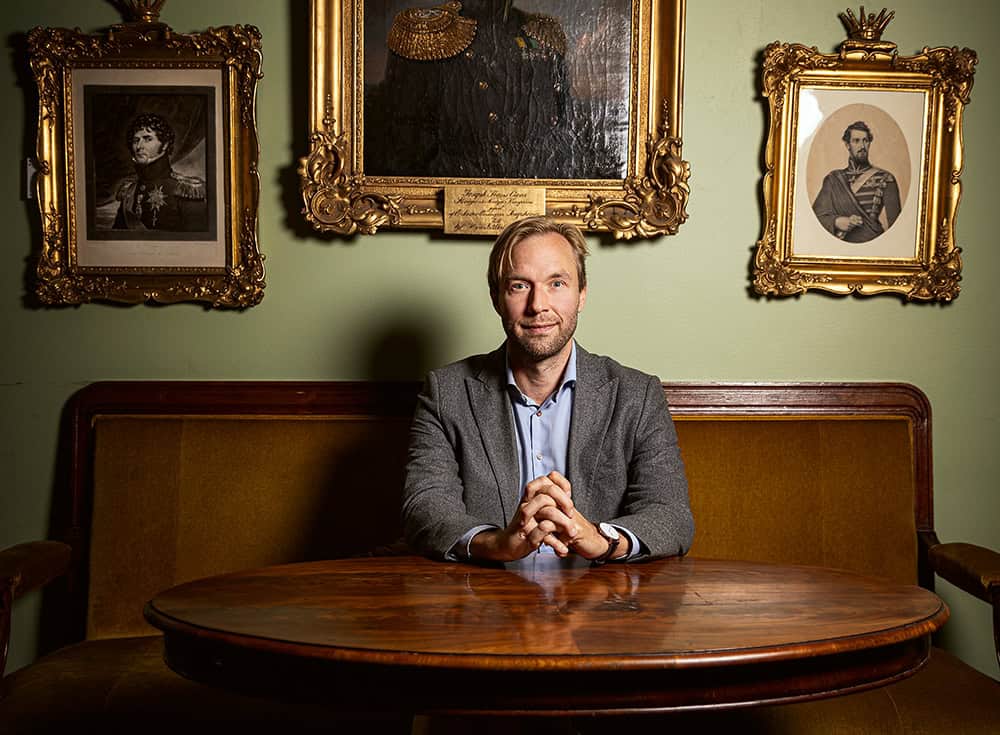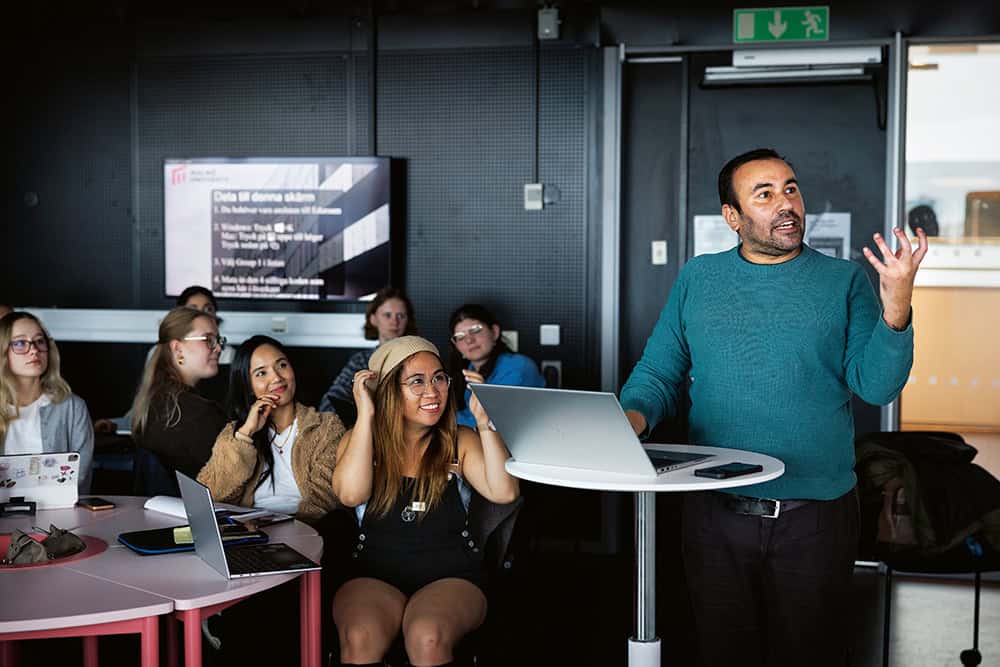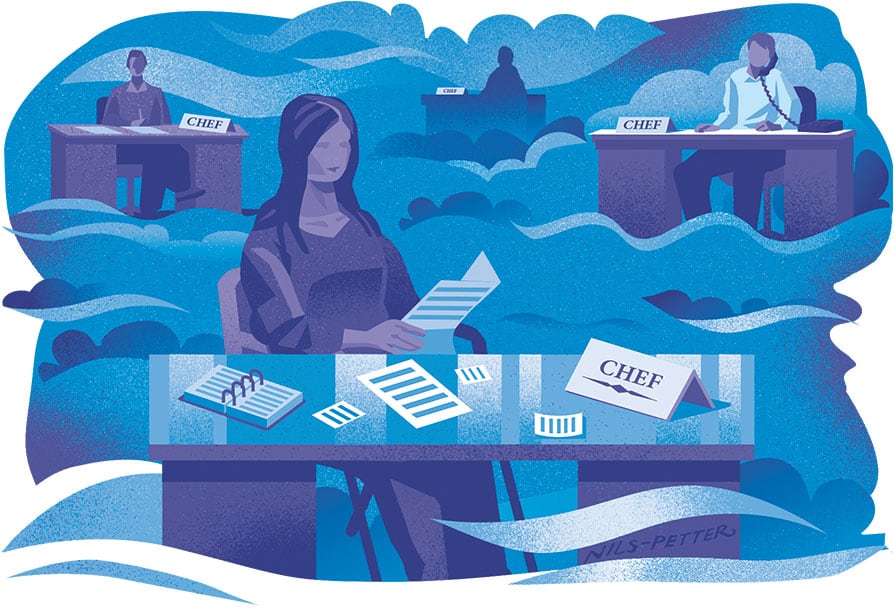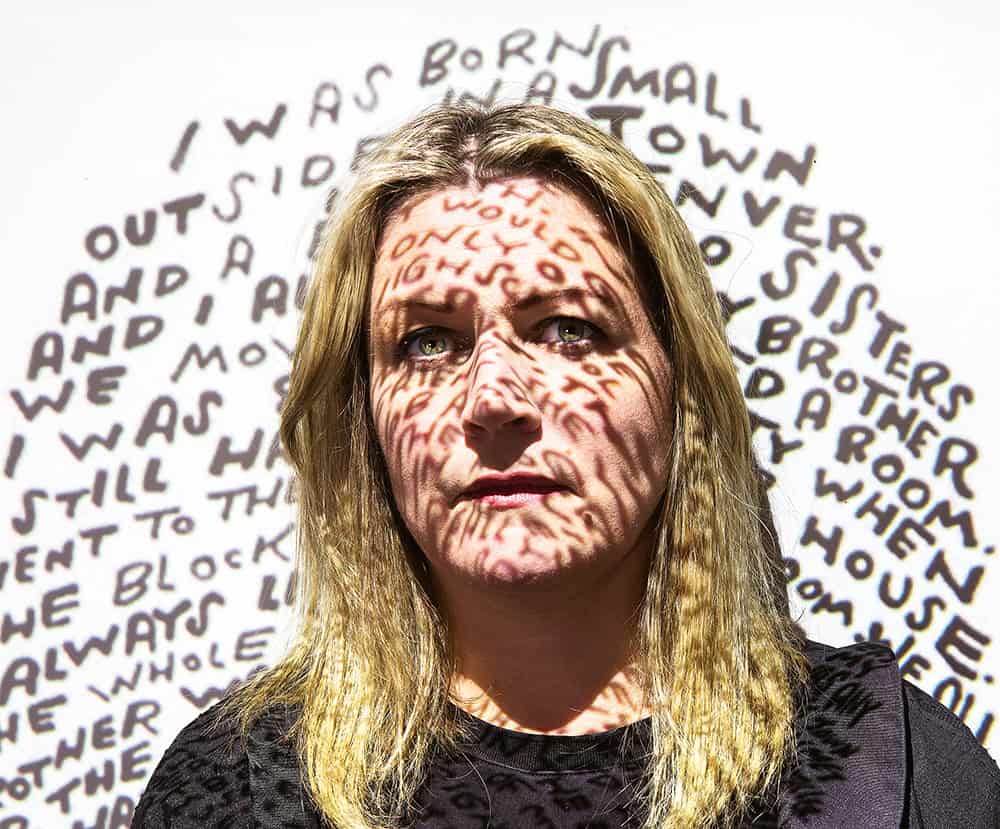In a survey sent out to all members, SULF examined working hours in 2020. Here we present the preliminary results.

“The survey shows that far too many have worked more than their regular working hours,” says Robert Andersson, chief negotiator at SULF, “and that most have also not received any compensation for it at all.”
The response rate was 23 percent. “In total, there were just over 4,000 responses from those who completed the entire survey,” says Andersson. “That is not a very high response rate, but as the results are in line with other surveys, we think the results are reliable enough to show what working hours look like for university teachers and researchers.”
Seven out of ten members worked more than their normal working hours last year. At the top of the list are lecturers, 75 per cent of whom worked more than their regular working hours, followed by senior lecturers, 74 per cent, and professors, 69 per cent.
“Primarily, it seems to be the groups with the most teaching that have worked the most overtime,” says Andersson.
20 hours more than normal working time
The main reasons for the increased working hours are the switch to digital, teaching and administration. “It is also worth noting that there are people who work as many as 20 hours or more per week in addition to their regular working hours.”
Almost one in ten professors reported that they worked 20 hours or more per week in addition to their normal working hours, as did seven per cent of doctoral candidates and five per cent each of lecturers and senior lecturers. There is also a tendency for more women than men to work more than their regular working hours.
“This may be because there are more women in teaching-heavy environments,” says Andersson.
Employees on fixed-term contracts less affected
People with fixed-term employment do not seem to have experienced the same pressure.
“It is a little surprising that it is not those with fixed-term employment who have done the most overtime,” says Andersson, “even though just under 60 per cent of them reported that they worked more than their regular hours, compared with 70 per cent among those who have permanent positions. The explanation for this, based on the results of the survey, may be that those with fixed-term employment work more often with research than with teaching.”
There are no directly comparable surveys for a normal year, but Statistics Sweden’s working time survey for 2019 showed that a professor worked an average of almost 49 hours per week.
Few received overtime compensation
Remarkably few of those surveyed reported that they had received extra pay or compensation for working more than their regular working hours. Eight out of ten stated that they have not received any compensation at all.
“In the answers to the open question, people have written rather resignedly that you take it for granted that you have to work more and that you do not receive any compensation for it.” The free text answers also contain comments that say this is not unique to 2020 and the conditions caused by the pandemic.
Robert Andersson believes that SULF’s survey points to a systemic problem.
“The higher education institutions do not manage the system of annual working hours properly,” he says, “so it is unclear when overtime actually occurs. If new tasks are assigned to an employee, this is not documented or entered in their work task plan. This makes it difficult to get compensation.”
Doctoral candidates affected
In the survey, SULF also asked about the situation for doctoral candidates.
“Three quarters of them report that they have been affected by the pandemic, but only just under a fifth believe that they will be granted extensions if they do not finish on time. This despite the fact that higher education institutions have declared that they will arrange extensions if required. This is an issue that needs to be addressed urgently. Higher education institutions need to be better at compensating doctoral candidates and to communicate more clearly.”
The final report will be published in the autumn. “SULF will then plan a series of activities based on the report,” says Andersson, “and next year we will discuss the central working time agreement for teachers and doctoral candidates.”




